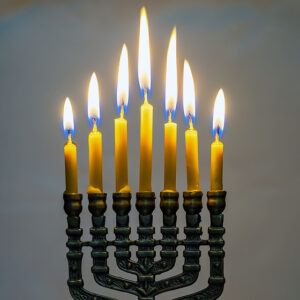The season is upon us, and with that comes a primer on Chanukah so you can be in the “holiday know.” It is common knowledge that Chanukah lasts eight days and that candles are lit each night, with the number lit being the night of the holiday. But that’s just a start. Here is more […]

